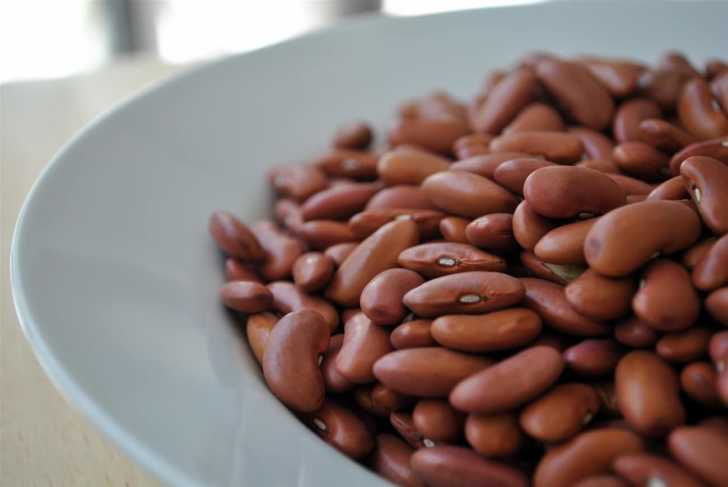Are protein powders necessary?
Are our diets so naturally low in protein that if we don’t pay uber attention to how many grams per day we are getting, we will suffer the consequences of protein deficiency?!
Athletes
Athletes need the added protein in order to properly repair and strengthen muscle tissue, but the amount of additional protein needed is often blown out of proportion.

Some athletes have the “more is better” attitude with protein and assume that the more they eat, all the more muscle mass they will have. While athletes do need more protein than the non-athlete, there are limits and going beyond these will be of no benefit. If an athlete isn’t consuming adequate carbs and fat too, the athlete’s body will be forced to burn protein for energy – something it doesn’t like to do (carbs and fat are the preferred energy sources).
The Academy of Nutrition and Dietetics, Dietitians of Canada and the American College of Sports Medicine recommend 1.2 to 2.0 grams of protein per kilogram of body weight per day for athletes, depending on training. Using the same example person above, the 160-pound athlete would need between 86 and 144 grams protein per day. The 160-pound example athlete would be meeting the 1.2 grams per kilogram body weight end of the recommended protein range by simply eating the menu outlined above.
The elite athlete aiming for closer to 2.0 grams protein per kilogram body weight needs 144 grams of protein per day. This could be achieved by adding 4 ounces (28 grams protein) of grilled chicken to the tacos at dinner, 1 cup of nuts (24 grams protein) to lunch or the morning snack, and 1 cup of milk (8 grams protein) to the pretzels dipped in nut butter in the afternoon. The day above modified to accommodate the highest possible protein needs of our athlete now looks like this:
Breakfast: english muffin (4 grams protein) with 2 eggs (13 grams protein), an orange and a 12 ounce latte (8 grams protein)
Snack: greek yogurt (11 grams protein) and fruit
Lunch: turkey sandwich (21 grams protein) with 1 cup nuts (24 grams protein)
Snack: pretzels dipped in peanut butter (10 grams protein) with 1 cup milk (8 grams protein)
Dinner: chicken & black bean tacos (28 grams of protein 4 oz of chicken, 7 grams in ½ cup black beans, 8 grams in ⅓ cup shredded cheese, 5 grams in tortilla)
Total = 147 grams protein
When are protein powders necessary?

As you can see, protein powders are not necessary for an athlete to meet his or her protein needs because protein needs can be met through food alone. The usefulness of protein powders or drinks is related to convenience. If an athlete doesn’t have time to prepare a snack and a protein supplement or a protein powder added to milk or a smoothie is more convenient, then it would work out nice and conveniently. If you decide that incorporating a protein powder is an important part of your routine, look for one with 25–30 grams per serving. This amount of protein isn’t always what you find in a plant-based (versus whey) protein powder, but by mixing it with a protein-containing liquid like milk or soy milk, you’ll be fine.
SKM: below-content placeholderWhizzco for CRH

